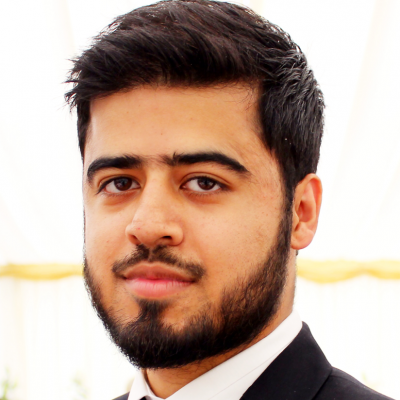Fergie, football and the NHS: building a leadership team for the future
22 April 2014

Simon Stevens’ recent maiden speech as Chief Executive of NHS England was received positively. In it, he reminded us of his familiarity with the machinations of the NHS but also humble acceptance of the challenges that lie ahead.
It is of significance that he mentions his task as 'involving the biggest team in the biggest effort the NHS has ever seen'. Our current situation is not too dissimilar to that faced by a manager taking the reigns at an embattled football team – expectant media, a dispirited team and passionate fans that demand immediate results.
A few weeks ago Sir Alex Ferguson, the most successful manager in British football history, was appointed onto the faculty at Harvard Business School. His interview with the Harvard Business Review is well worth reading; it gives an insight into the workings of a manager faced by the circumstances described above.
As a marker of his priorities on joining the club in 1986, he immediately established two 'centres of excellence' that were dedicated to nurturing promising footballers from the age of 9. His aim was to 'build right from the bottom' and 'to create fluency and continuity of supply to the first team'. The team Sir Alex inherited had only one player under the age of 24. He attributes this to a results-driven industry that has little patience for failure and pushes managers to buy established players than rather risk unproven youngsters.
However, in his own experience, he found that commitment to developing the youth system brought loyalty and stability. His formula produced what is arguably the best crop of British players in recent times: Ryan Giggs, Paul Scholes, David Beckham and Gary Neville. He states, 'if you give young people your attention and an opportunity to succeed, it is amazing how much they will surprise you'.
So what about our own clinical leadership pipeline? With strong support from Sir Bruce Keogh, I suggested that we take a leap of faith by placing junior doctors and student nurses on hospital inspection teams. This move to empower more junior staff has been a resounding success thus far.
Several national reviews have also emphasised the need to cultivate future clinical leaders, yet opportunities to do so remain one-dimensional. The Faculty of Medical Leadership and Management's Clinical Fellow Scheme aims to achieve this by offering trainees an insightful year under the supervision of senior officials from major health bodies. However, time-constraints and lack of integration with clinical practice limits the continued development of junior doctors’ interests.
The NHS is not unique in some of the challenges it faces; education and social care are comparable public services, and both have made inroads in developing leaders within their systems. Teach First, currently the most successful graduate recruiter in the UK, places high-achieving graduates in under-performing schools whilst supporting them with leadership training. Josh MacAlister, a Teach First graduate, founded Frontline – a two-year leadership programme that applies a similar concept to children's social work.
Further afield, young people have been given the opportunity to tackle global development issues. I have been working with the Secretary of State for the Department of International Development to develop ICS Entrepreneur, which will place 400 young people in 8 developing countries to support the growth of local start-ups and social enterprises. This will be supplemented by innovative leadership training provided by the Open University whilst participants are abroad.
A programme for health care, in the mould of Teach First, would not be a silver bullet but would lay the foundations for the future NHS leadership team. Aspiring leaders would continue their experiential learning within a clinical setting, underpinned by high-quality management training, allowing them to make immediate incremental changes to improve patient care whilst preparing them for senior leadership roles of the future.
Sir Bruce has mentioned the need for an integrated clinical leadership pathway, which we are now in the process of formulating. Sir Alex is right; the pressure for immediate results has hindered long-term strategies to create the next generation of clinical leaders. The complex NHS landscape will require a number of people in positions of influence to come together to make such a programme possible.
Dr Na’eem Ahmed is a ST1 in Radiology in London and Clinical Fellow to Professor Sir Bruce Keogh at NHS England, www.twitter.com/DrNaeemAhmed
Work with us
We look for talented and passionate individuals as everyone at the Health Foundation has an important role to play.
View current vacanciesThe Q community
Q is an initiative connecting people with improvement expertise across the UK.
Find out more

